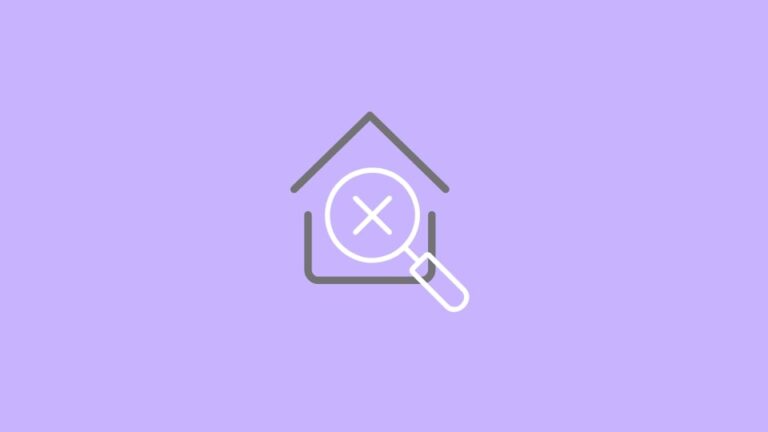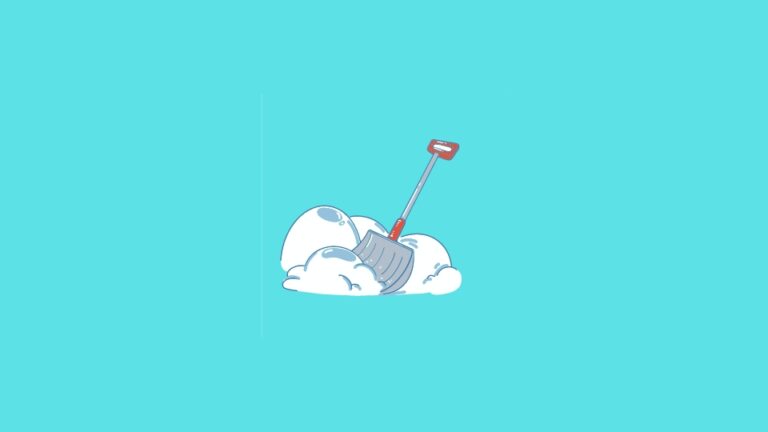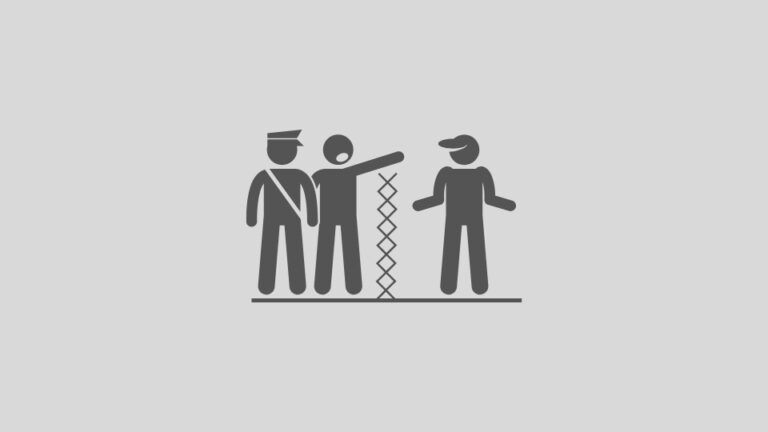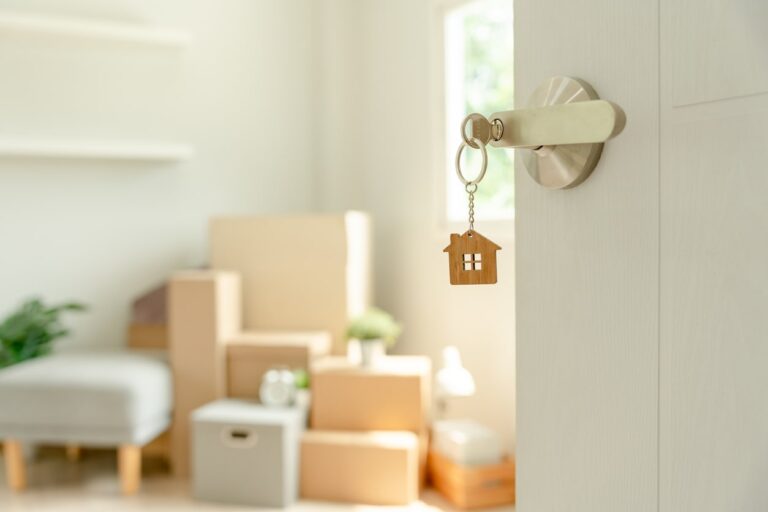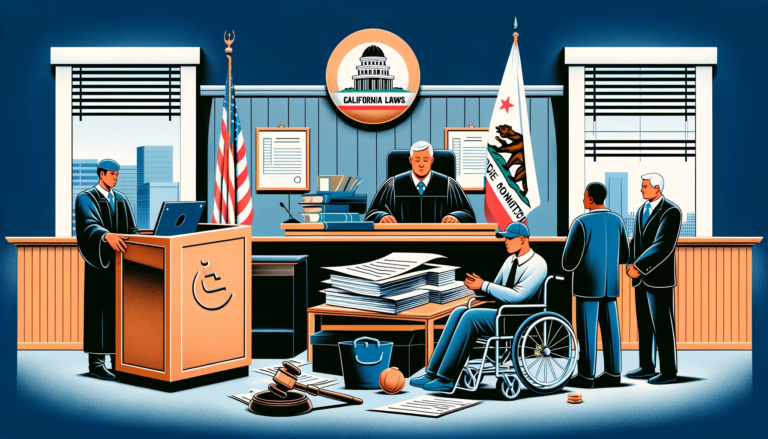Are Landlords Responsible for Unpaid Utility Bills?
One of your responsibilities as a landlord is guaranteeing that your renters pay their utility bills on time. But what if a tenant fails to pay their utility bills? Is the landlord liable for delinquent utility bills? We will present detailed guidance in this post to assist you in understanding the duties of landlords and tenants regarding unpaid utility bills.
Who Is Responsible for Paying the Bills?
As a landlord, you must ensure that your renters pay their utility bills promptly. So who is in charge of overdue power bills? Let’s go exploring.
The Lease Contract
The lease agreement is an important contract that establishes the landlord’s and tenant’s responsibilities. It should specify who is accountable for paying the utilities. In some circumstances, the landlord will pay for some or all of the utilities, passing the costs on to the renter.
Utility Billing Arrangements
Utility billing arrangements can differ depending on the type of account, organization, and region in which you live. To avoid confusion or disagreements, it is critical to establish clear invoicing procedures with your tenants.
Paying Off Unpaid Bills
- If the utilities are in the tenant’s name: The utility bill is the tenant’s responsibility, and the landlord is not accountable for any unpaid payments. On the other hand, the landlord can take steps to guarantee that the invoices are paid on time. You can, for example, put language in the lease agreement allowing you to request proof of payment from the renter.
- If the utilities are in the landlord’s name: If the utilities are in their name, the landlord is responsible for paying the bill. It is critical to have a system to monitor utility usage and guarantee that bills are paid on time.
- If the utilities are shared between you: If you and the tenant share utilities, it’s critical to devise a fair manner for distributing the expenditures. The leasing agreement should specify how the costs will be split.
- Avoiding the Use of Security Deposit: Understanding that you cannot use the tenant’s security deposit to settle delinquent utility bills is critical. The security deposit is intended to cover property damage rather than unpaid debts.
Landlords vs Tenants

State and Local Laws
State laws do not specify who is responsible for paying for utilities. But, regarding energy bills, some jurisdictions may have unique rules and regulations that govern landlord-tenant agreements. It is critical to understand these laws and regulations.
The Lease Contract:
The lease agreement is the key document that establishes the landlord’s and tenant’s responsibilities. It should specify who is accountable for paying the utilities.
Rental Property Management
If you own rental property, you should consider hiring a property management company to handle the day-to-day management of the property. This can include tracking utility bills and ensuring they are paid on time.
What Utilities Do Renters Pay?
Water, gas, electricity, garbage, sewer, and other utilities are normally paid for by renters in accordance with the lease agreement. The lease agreement should include a detailed summary of the utilities for which the renter is accountable.
Who is Responsible for Unpaid Utility Bills?
- Tenant Responsibility: The tenant is ultimately accountable for the timely payment of their utility bills. If the tenant fails to pay, the landlord may take legal action to recover the outstanding bills.
- Landlord Responsibility: If the utility bills are in their name, the landlord is responsible for paying them. It is critical to have a system to monitor utility usage and guarantee that bills are paid on time.
Can a Landlord Sue a Tenant for Unpaid Utility Bills?
- Legal Options for Unpaid Utility Bills: If a tenant fails to pay their utility bills, the landlord may file a lawsuit to recover the unpaid costs. This can include suing the tenant or taking them to small claims court.
- Small Claims Court: Small claims court is a popular choice for landlords looking to collect unpaid power bills. This streamlined legal procedure enables landlords to pursue delinquent payments without the assistance of an attorney.
Conclusion
Finally, landlords must ensure that their renters pay their utility bills on time, as specified in the lease agreement. Yet, the tenant is ultimately responsible for paying these costs. To avoid confusion or disagreements, landlords must establish clear invoicing arrangements with their renters. You can avoid legal complications and preserve a healthy rental relationship by recognizing your responsibilities as a landlord and the responsibilities of your tenants.


